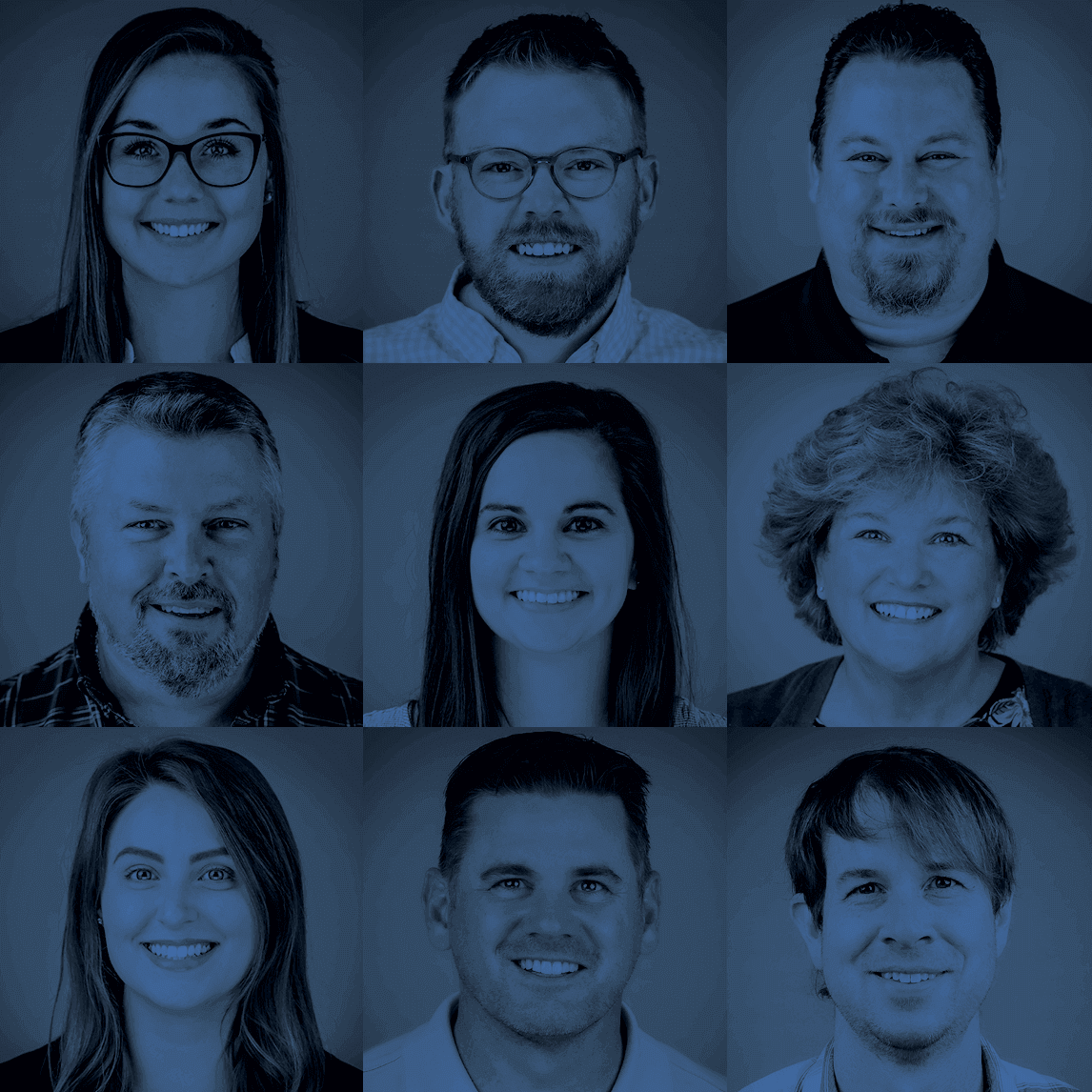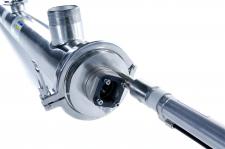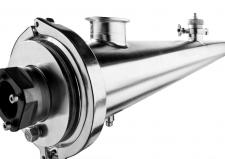
In food and beverage production, microbial disinfection is indispensable. Viruses, bacteria, and other sources of disease threaten consumers’ health and harm the taste, shelf-life, and color of food. As an alternative to chemical methods of disinfection, many producers have turned to ultraviolet (UV) light, which eradicates microbes and other sources of spoilage. Compared to chemical methods, UV disinfection from Aquionics requires little effort and does little damage to the environment.
UV refers to radiation falling between 185 and 400nm on the electromagnetic spectrum. Such radiation kills germs by compromising their DNA. Microbes such as Legionella, Cryptosporidium, and Listeria are particularly sensitive to UV disinfection.
The disinfection process involves placing a UV lamp in a quartz sleeve within a steel cylinder, and then running liquid through it. This purifies sugar syrups, beverages, and filtered water.
 UV disinfection has no effect on the smell, acidity, taste, or composition of the materials it cleans. It can be used as either the main method of water purification or as a backup if other methods fail.
UV disinfection has no effect on the smell, acidity, taste, or composition of the materials it cleans. It can be used as either the main method of water purification or as a backup if other methods fail.
There are no after effects of UV disinfection, so it can be performed immediately prior to use, reducing the risk that the liquid will be contaminated after treatment.

Typically, bottled water producers purify their product with ozone, but in recent years, Aquionics and it’s sister company Hanovia have been using UV systems instead. They have done this for a variety of reasons, including a desire to reduce byproducts of ozone treatment, such as bromate. The demand for UV disinfection methods continues to rise as increasing numbers of companies seek to avoid the problems associated with ozone treatment.
Spring water naturally produces bromide, which is harmless in and of itself. When it comes into contact with ozone, however, bromide changes into bromate, which can be harmful to consumers. According to the World Health Organization, bromate is a carcinogen, and healthy adults should consume no more than .01 milligrams of it per liter.
It can be difficult for beverage and food companies to meet strict health and hygiene standards while still maintaining profitability. UV methods from Aquionics are a cost-effective way of disinfecting water for the sanitary processing industry, helping companies avoid having to choose between the health of their customers and their own profitability.
![]()
If you are interested in finding out how Aquionics UV methods can help increase profitability and decrease chemical waste in your food manufacturing process, contact your Rodem representative or go to Aquionics’ website to learn more.
E-mail: [email protected]
Copyright 2024 Rodem Inc. All rights reserved.
